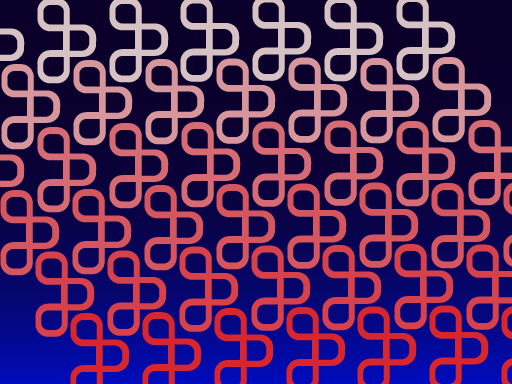Joanna Berzowska explores the realm of electronic textiles, a subset of wearables. She introduces the broad spectrum of projects within this field, from electronic tattoos to biometric shirts. Berzowska advocates for exploring textiles beyond wrist-worn devices, emphasizing her efforts to integrate sensors into traditional textiles. She underscores the importance of respecting manufacturing traditions while incorporating new technologies. Challenges include overcoming a product-oriented mindset and embracing the complexity of electronic materials. Berzowska envisions leveraging existing manufacturing infrastructure and interdisciplinary collaboration to shape the future of materiality. Throughout the talk, she offers insights into the innovative potential of electronic textiles and the intersection of technology and craftsmanship.
This presentation was part of the symposium Unhanded. In this panel we ask about the variety of new relationships with materials that emerging with the increasing ubiquitousness of digital technologies. With the increased complexity of tools we wonder how do we learn about materials? How do we get to know them? How do we share this knowledge? We can now know the molecular structure of wood or metal without touching it. Is this a more intimate relationship than working directly with our hands? Does it matter? If the objects coming out of digital and mechanical processes are more removed from our handywork, how might they carry the mark of the machine? Should we be able to read the machine in the material?
Joanna Berzowska is Assistant Professor of Design and Computation Arts at Concordia University and a member of the Hexagram Research Institute in Montreal. She is the founder and research director of XS Labs, where her team develops innovative methods and applications in electronic textiles and responsive garments.
Her art and design work has been shown in the Cooper-Hewitt Design Museum in NYC, the V&A in London, the Millenium Museum in Beijing, various SIGGRAPH Art Galleries, ISEA, the Art Directors Club in NYC, the Australian Museum in Sydney, NTT ICC in Tokyo, and Ars Electronica Center in Linz among others.
She lectures internationally about the field of electronic textiles and related social, cultural, aesthetic, and political issues. She was recently selected for the Maclean’s 2006 Honour Roll as one of “thirty nine Canadians who make the world a better place to live in”.
She received her Masters of Science from MIT for her work titled Computational Expressionism and subsequently worked with the Tangible Media Group of the MIT Media Lab and cofounded International Fashion Machines in Boston. She holds a BA in Pure Math and a BFA in Design Arts.
Weaving, knitting, those are very complex technologies that have been around for hundreds, even thousands of years that actually contribute a lot to the integrity of the objects that we make.

Western thought has long assumed a special relationship between vision and knowledge: Seeing is believing. But what about the traffic between sonic experience and ideas? How do inherited beliefs abo(…)

What is software without hardware? Join us as DEL participant, artist and National Director of the Independent Media Arts Alliance Emmanuel Madan shares his vision for the viability of the Arts ecosystem and what role a union, Artwork_Local404, could play within that system. In this conversation, we discuss the importance of language, authorship, and time when it comes to the development of meaningful work (tools, platforms, initiatives and art).